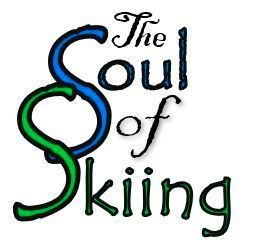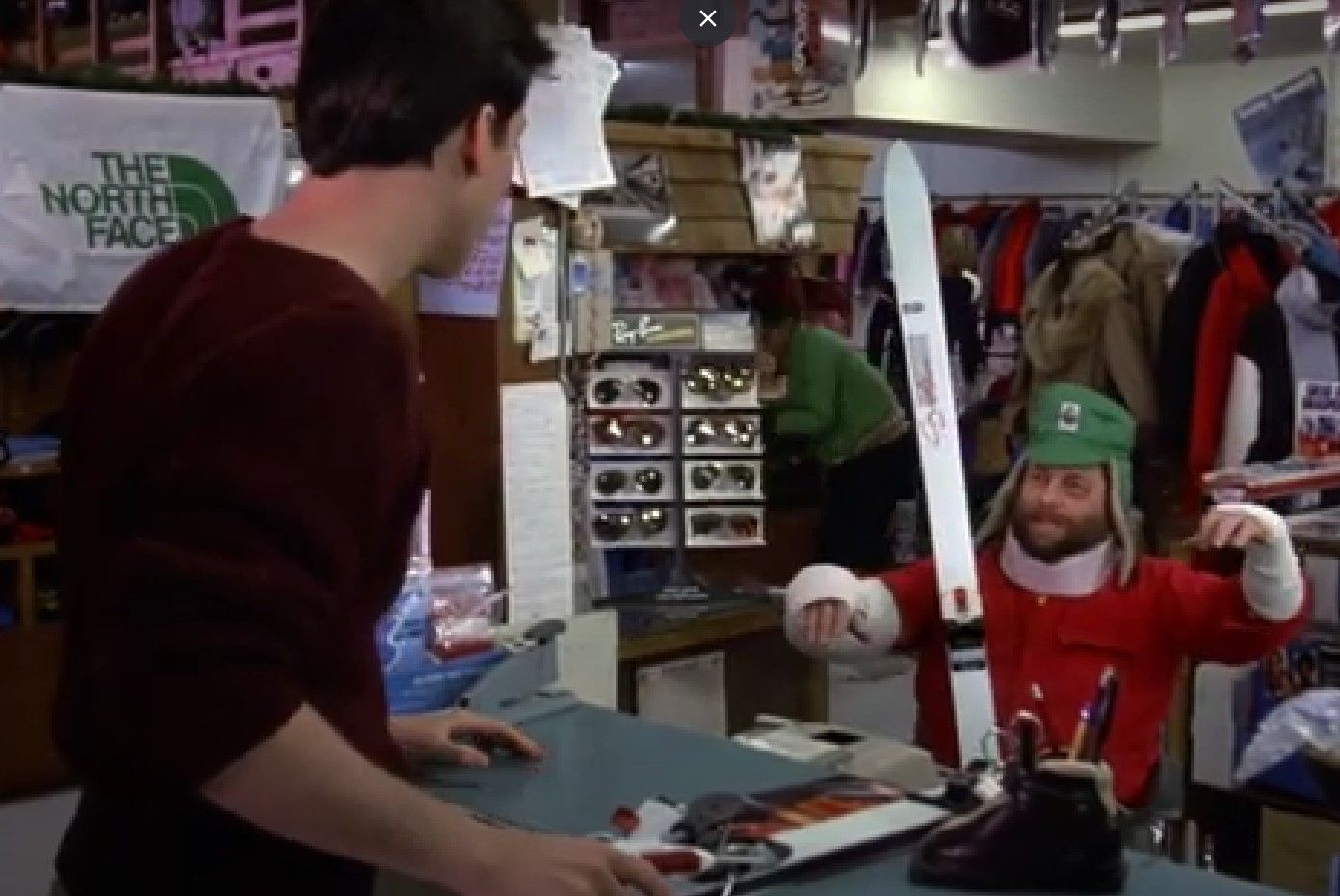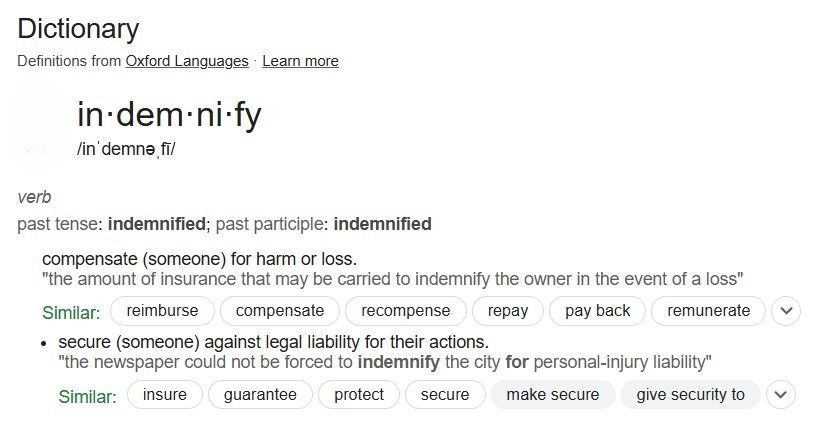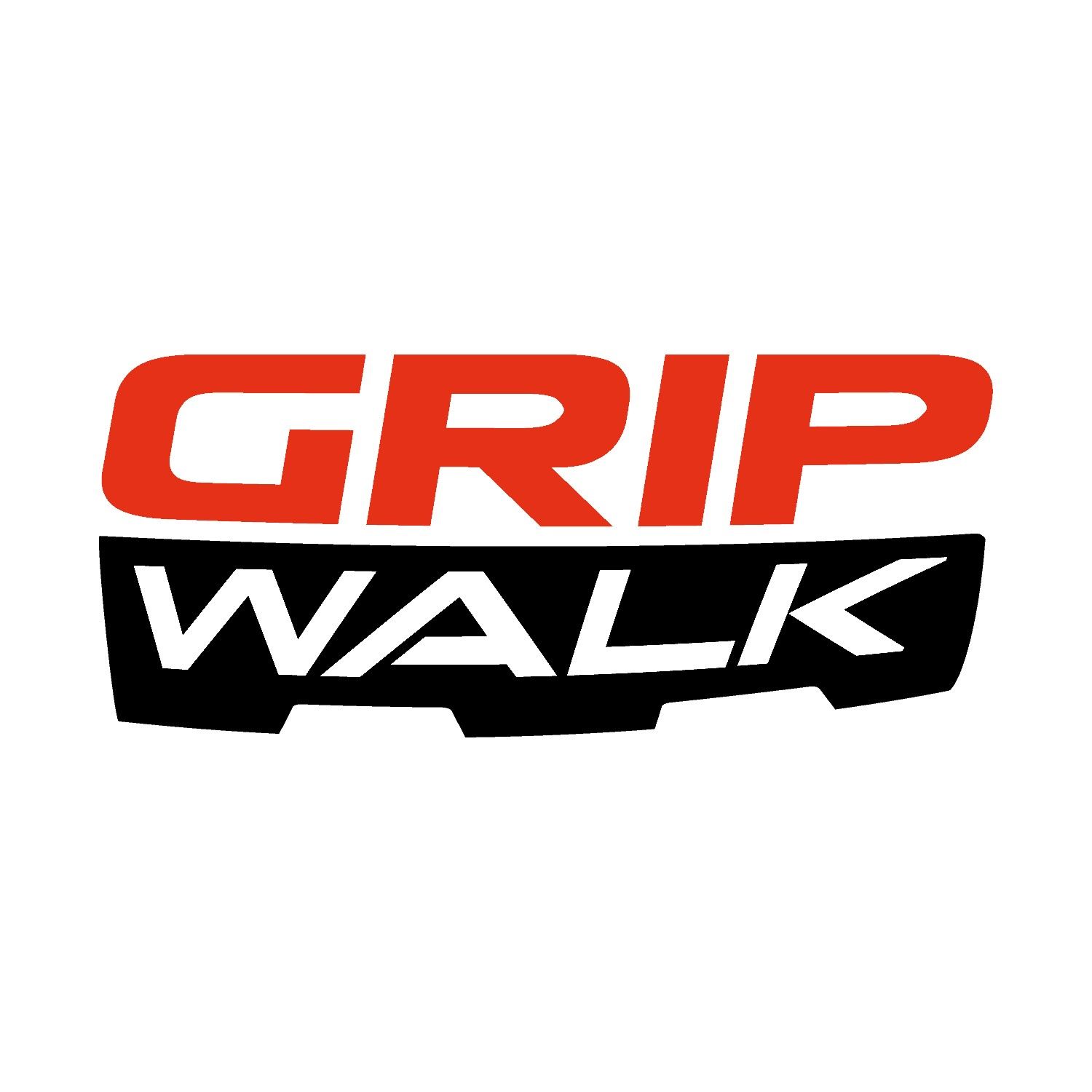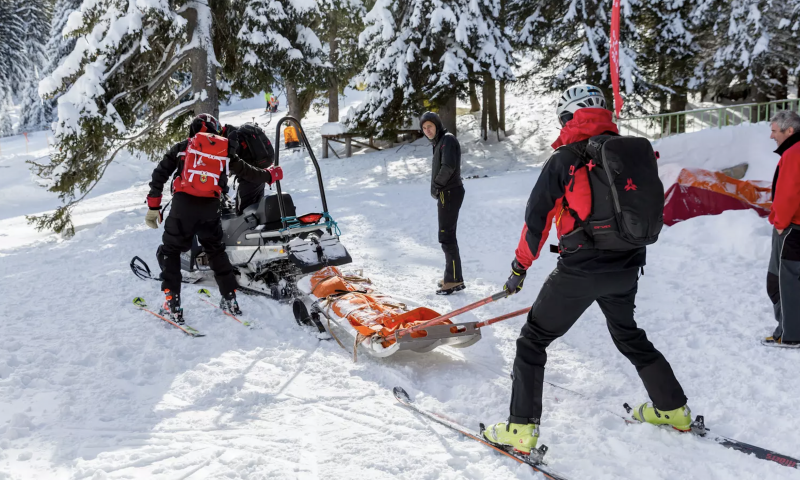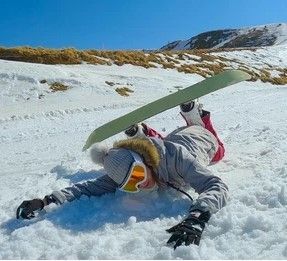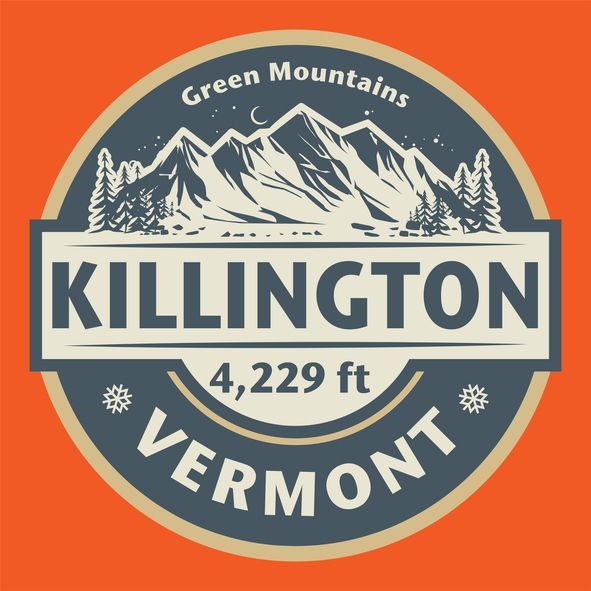Snowbound Boston 2024
Snowbound Expo 2024
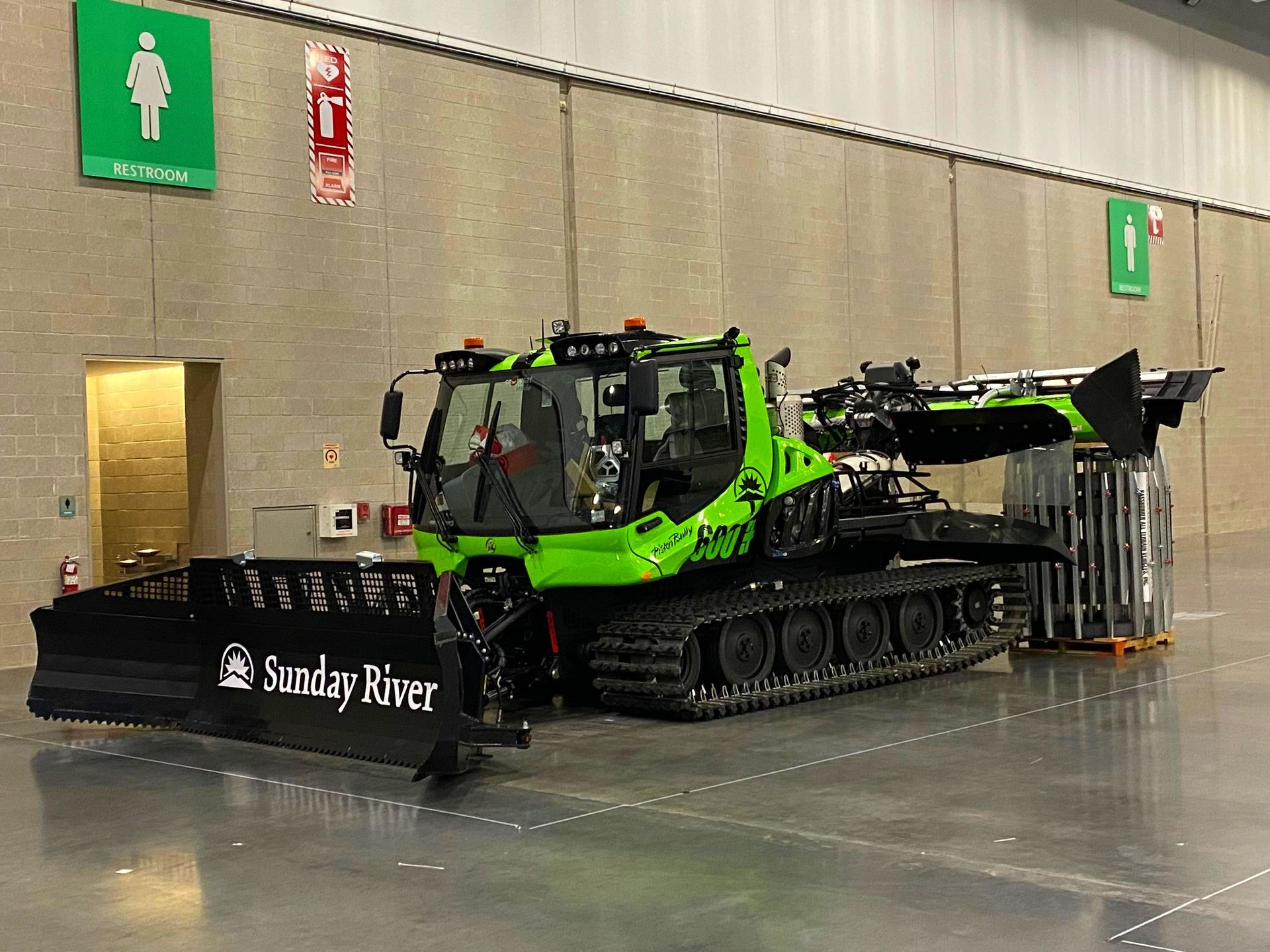
Once upon a time there was a ski show in Boston sponsored by BEWI, where one could buy cheap ski goods, visit booths sponsored by ski product manufacturers and ski resorts around the country, then grab a beer at any number of local micro-brew booths. In the late 1990s,/early 2000s, the retailer at that show was Ski Market. The old Ski Market had somewhere on the order of 28 stores in MA, CT, NH, RI and NY.
Ski market was the dominant player on the east coast for ski retailers.
Ski Market was your classic "down country" ski shop; it existed in urban/suburban areas, and the only store at a legitimate ski area was in Nashoba Valley... For a time.
Ski Market grew to be a hydra of epic proportions. During the Clinton administration, while the economy was booming (mostly because of the dot net bubble), The company opened stores willy-nilly. Expansion/growth was the business tactic of the day, and the company was bathing in money. Then, in 2001, and again in 2007, recession hit, and hit the ski industry hard. The dot net bubble burst and profits fell to earth. Tighter wallets made 2007-2009 brutal years, and after 39 years of existence, Ski Market went under in 2010. It had a long run, but it became unsustainable after expanding too big for it's britches, and making some poor financial, shall we say, "moves" after 2001.
The Ski Market was a bit of a conundrum- without The Ski Market, the east coast ski industry would've been a completely different animal. The dollars generated there created health in an industry that had no where to grow. Aside from Ski Market, the only truly healthy shops existed at or near ski areas, with a few mom and pop stores off the hill, so to speak. Those mom and pop's established strong reputations based upon one thing; the ability to fit ski boots. Sure, they could sell skis, and do it with some volume. But, if you couldn't fit ski boots properly, you were doomed to fail.
With the exception of the Boston store for a time in the late 1990s/early 2000s, the Ski Market couldn't fit boots to save their lives. Mountain shops laughed at what they were seeing as fitting problems coming into their shops.
You see, fitting ski boots the right way, isn't easy. For most customers, it means establishing a relationship with a good bootfitter, in a good shop, because boot fits must be maintained over the life of the boot. There are, of course, the odd few skiers who can put on a boot and have it fit right out of the box, but that's rare. So, the natural inclination is to get ski boots too big (thank you mom for buying us all sneakers way too big in our formative years). Modern ski boots have come a long way in that regard, offering different widths and lasts throughout their lines, but that was not the case until a relatively short time ago. The Ski Market was king of the oversized ski boots. The oversized boots felt great out of the box, but 5-7 days in, there were loose and sloppy, which created unforeseen pain-points for customers.
In retrospect, I think that was a valuable lesson for the industry to learn. At some point, as a retailer that sells ski boots, you have to decide that the customer ISN'T always right, and teach them what it means to have a properly fitting ski boot (sorry Johnny and Janey skier, your toes are supposed to be against the front when you buy a new ski boot).
In defense of The Ski Market, at the end of their reign at the ski show, they were doing so much volume that the boot fitting area was a separate room at the expo center, and had no less than 20 people selling boots at any one time, each fitting 5-6 people at a time during the busiest times at that show.
Was Ski Market the first to do something like this?
Nope.
The Meadowlands in New Jersey had a HUGE sale every year, and they set the stage for others- including places like the Jai Alai fronton in New Haven (My first expo sale).
Moving on, after The Ski Market fell out as the retailer at the show, along came came East Coast Alpine.
East coast Alpine was a smaller retailer, run by a husband and wife team. That lasted a few years until the husband and wife divorced (badly). She took her business prowess elsewhere, and the husband partied his business away. That was a bad scene altogether- once you get a reputation in the industry for not paying your bills, your time in it is over.
By this time, the owner of BEWI was aging, and looking to enjoy retirement. Bernie Weichsel was an icon in the industry, having learned to ski in the Catskills, and then cut his chops in NYC working for the infamous Harry Leonard promoting ski shows. After that Bernie carried on his pioneering efforts in the ski industry by becoming executive director of the groundbreaking International Freestyle Skiers Association in 1974. Then, in 1979 he created SKIUSA, promoting US skiing to 14 different countries around the world, where, currently, about 20% of all domestic ski business comes from abroad. In that same year, Bernie started BEWI productions, where, at one point, he was sponsoring ski shows in 31 cities, finally ending up consolidating into two shows; Boston and Denver.
The BEWI Boston ski show, in it's heyday, was thing to behold, eventually having nearly 60,000 people walk through it's doors, with the last retailer in it's iterations as a BEWI show, grossing an ungodly amount of money and turning more than 200 pairs of ski boots in a single weekend, not to mention astronomical numbers related to skis, goggles, helmets, and clothing.
That was the year before Covid hit.
Then, Bernie sold the ski show to SIA/Snowbound (Snowsports Industry America).
With the buy-in for that being a ridiculous sum, Country Ski and Sports pulled out of the ski show, and set up it's own mini-show on the south shore, in Hanover, MA.
That separate event grew a life of its own, but fell back to earth a bit this year, having seen a lower gross steadily since its second year.
At the same time, Ski Essentials moved into the Snowbound show, and last year, wasn't set up for success.
This year, Colorado Ski Shop moved in and breathed new life into the retail section, with a refreshingly well set up operation and plenty of options for the bargain hunter and hardcore skier alike.
This years show featured 212 exhibitors ,7 sponsors, and speakers like Dan Egan, Donnie Pelletier, and Hannah Teter.
-Not to mention a bar, drop dead center of the show ,so you can get good and lit while you peruse the booths and buy your ski gear.
In the end, the Snowbound Expo is bouncing back, and doing so with aplomb.
Next year, expect more discounted ski passes, more deals in the retail section, and a ton of fun events for adults and kids alike.
Get your stoke on before the ski season has its traditional start, a week or so before Thanksgiving.
OVERVIEW
CONTACT
E-mail: soulofskiing@gmail.com
